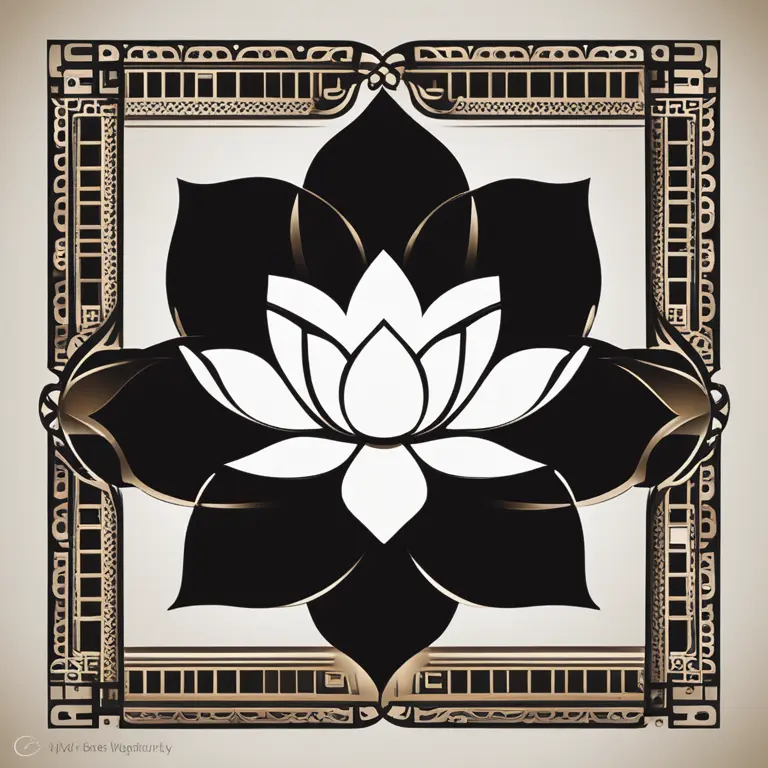
The Meaning of Meditation: A Comprehensive Guide
Delve into the heart of meditative practices with our in-depth look at its benefits, techniques, and transformative power.
article by Hina Kurosawa
Introduction to Meditation
Meditation has withstood the test of time, not just as a spiritual practice but also as a tool for mental clarity and emotional balance. In an age where the buzz of technology and the velocity of modern life can be overwhelming, meditation offers a haven of stillness. By 2024, this ancient practice has seen renewed interest, with scientific research validating its numerous health benefits. From reducing stress to improving cognitive function, meditation has proven to be a versatile ally in our quest for well-being.

The Science Behind Meditation
Modern science has become enamored with understanding the effects of meditation on the human brain. Neuroimaging studies have shown increased activity in areas associated with calmness and a decrease in regions linked to stress. Moreover, research suggests regular meditation contributes to the enhancement of neuroplasticity, meaning our brains are better equipped to form new connections and pathways, adapting to our environments with greater ease.

Various Meditation Techniques
As the practice evolves, so do the methods. From mindfulness-based stress reduction (MBSR) to transcendental meditation, each technique brings its unique approach. Some focus on the breath, others on a mantra or object. What they share is the goal of anchoring the mind in the present moment. In contemporary practice, technology assists meditators using apps that provide guided sessions and track progress.

The Link Between Meditation and Wellness
The link between meditation and overall wellness has become indisputable. Besides reducing stress, it's tied to lower blood pressure, enhanced immune function, and improved sleep. Mental health, too, reaps benefits with meditation being used alongside cognitive therapies to treat conditions like depression and anxiety. By promoting a state of relaxation, meditation can be an effective tool in the management of chronic pain.
Meditation and Spiritual Growth
While its health benefits are significant, the roots of meditation are entrenched in spiritual growth. In its spiritual essence, meditation is a journey inward, a quest for self-awareness, and ultimately, self-transcendence. It's seen as a way to dissolve the ego and connect with something larger than oneself, whether one interprets that as the universal consciousness, God, or simply the interconnected web of life.
Incorporating Meditation into Everyday Life
Making meditation a daily habit can be challenging, yet it is the consistency that yields results. Setting a regular time and space for practice helps in building this routine. Even short periods of meditation can be beneficial, encouraging practitioners to integrate mindful moments into their day—whether it's during a morning routine, a break at work, or before bedtime.
The Future of Meditation
As we look beyond 2024, the trajectory of meditation is one of broadening acceptance and deeper scientific inquiry. New technologies, like virtual reality, are being explored as platforms for immersive meditative experiences. It's likely that meditation will continue to be a significant tool in health care and personal development, evolving to meet the needs of future generations in innovative ways.
Published: 1/24/2024
Modified: 1/24/2024
More predictions
Come back here soon to learn more about yourself and your future


Soothing Sleep: Meditation for Restful Nights
Discover effective meditation practices to enhance sleep quality and embrace restfulness in this insightful article.


Meditation Techniques for Stress Relief Explored
Discover effective meditation methods to alleviate stress and foster inner peace in this concise guide for well-being.


The Most Effective Meditation Techniques for Harmony
Discover the potency of various meditation practices tailored for spiritual harmony and self-mastery as we navigate the diverse landscape of mindful tranquility.